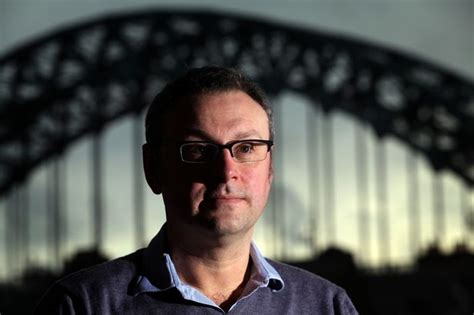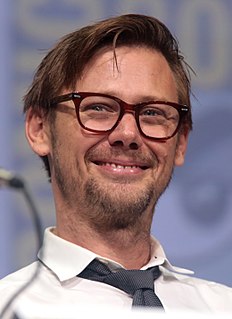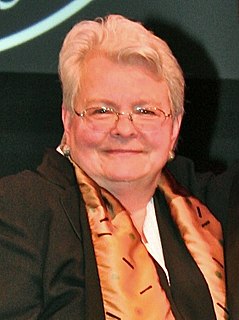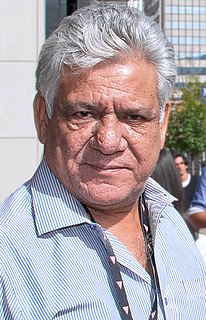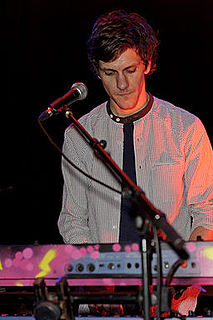A Quote by Lee Hall
The point of theatre is transformation: to make an extraordinary event out of ordinary material right in front of an audience's eyes. Where the germ of the idea came from is pretty much irrelevant. What matters to every theatre maker I know is speaking clearly to the audience 'right now.'
Related Quotes
Compare the cinema with theatre. Both are dramatic arts. Theatre brings actors before a public and every night during the season they re-enact the same drama. Deep in the nature of theatre is a sense of ritual. The cinema, by contrast, transports its audience individually, singly, out of the theatre towards the unknown.
As my passion is theatre when I do a film I'm taking time out from my theatre career. So, I'm desperate to get back into the theatre. So, I have to make sure that I put my foot down, especially with the agents and stuff, and say: "Hey no, I'm doing some theatre!" It is hard but it matters so much to me that it's just something that's going to be necessary and people will have to deal with it.
To be honest, I am not theatre-trained and though I am confident in my skill set, to do theatre requires a better-tuned set of muscles and I sometimes defer to actors who are better trained. But at the times I do want a shot, I'll go for it, especially if the piece speaks to me and the opportunity comes up. The immediate response from a theatre audience is so thrilling, affirming, and soul-feeding; to know how you've affected an audience at curtain can be ego-blowing, both good and bad.
I want to seduce the audience. If they can go along for a ride they wouldn't ordinarily take, or don't even know they're taking, then they might see highly charged political issues in a new and unexpected way. . . . The theatre is now so afraid to face its social demons that we've given that responsibility over to film. But it will always be harder to deal with certain issues in the theatre. The live event - being watched by people as we watch - makes it seem all the more dangerous.
Only in the theatre was it possible to see the performers and to be warmed by their personal charm, to respond to their efforts and to feel their response to the applause and appreciative laughter of the audience. It had an intimate quality; audience and actors conspired to make a little oasis of happiness and mirth within the walls of the theatre. Try as we will, we cannot be intimate with a shadow on a screen, nor a voice from a box.
The customer is always right' may have become a standard motto in the world of business, but the idea that 'the audience is always right,' has yet to make much of an impression on the world of presentation, even though for the duration of the presentation at least, the audience is the speaker's only customer.
